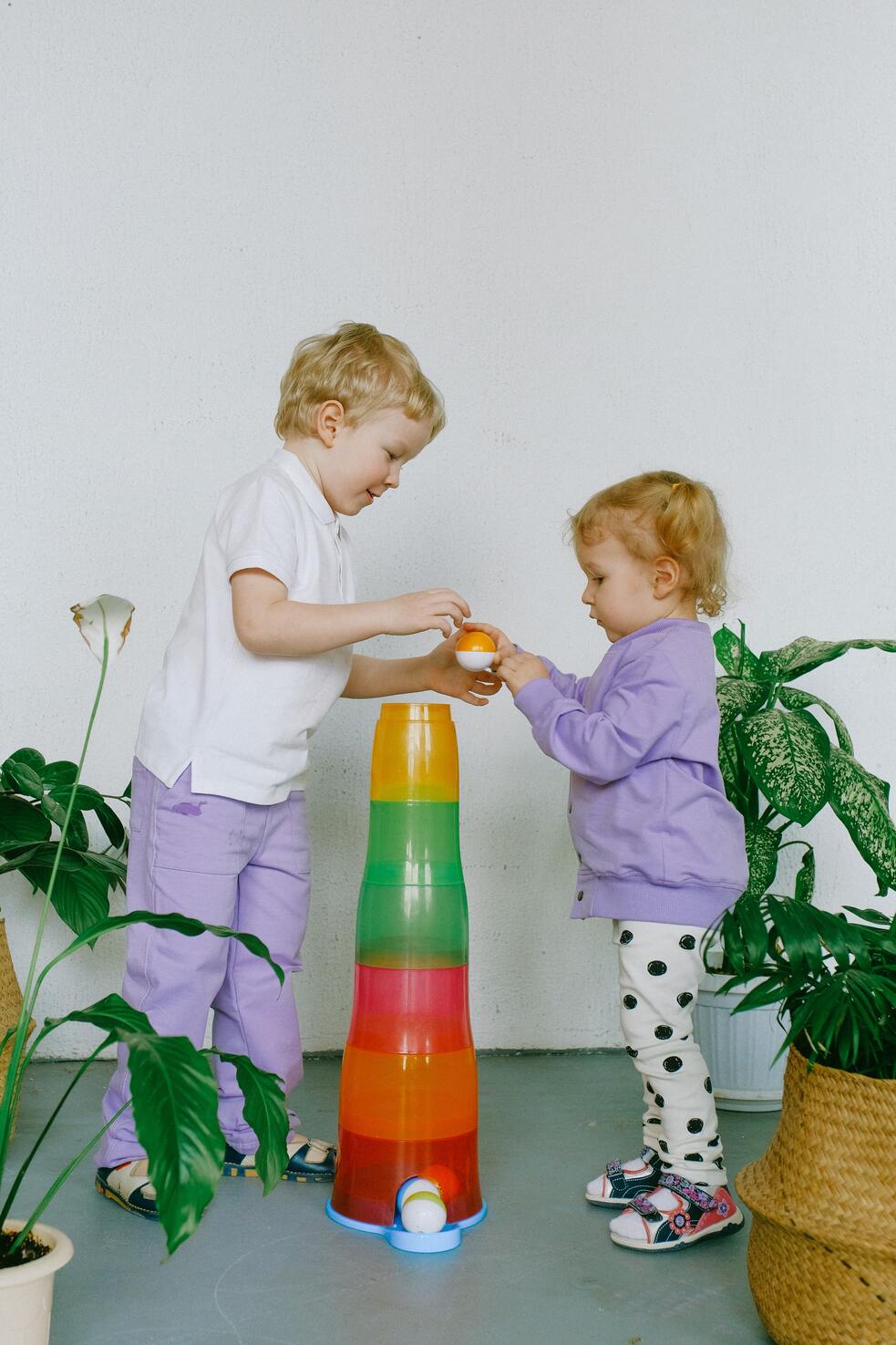
June 23, 2022
During his adult years, Albert Einstein remembered a pivotal event that sparked his interest in science. A magnetic pocket compass was handed to him by his father when he was four or five years old and bedridden with a childhood illness. Twisting the compass for hours, he wondered how the needle always pointed north.
Playing with your child is probably one of your favorite things as a parent. They create amazing worlds and it’s fascinating to hear their ideas. As they use their imaginations to learn about the world around them, it is also fun to see how creative they can be.
How do children learn through play?
Often, play is a full-body activity that helps young children develop skills that will be useful later in life. A variety of activities contribute to muscle development and fine-tuning motor skills, such as running, dancing, climbing, and rolling. Creating elaborate, imaginative worlds rich with rules that govern the terms of play also helps children build their mental and emotional muscles.
Children learn to regulate their emotions and think before they act when they play, according to researchers at the University of Denver Elena Bodrova, Carrie Germeroth, and Deborah J. Leong. When a child pretends to be Olaf from Frozen, he may pretend to melt or insist on warm hugs when he enters the house. Every time, they take into account how Olaf should act in a given situation based on their actions.
Children benefit from role play by developing social skills and becoming the kind of adults that are able to thrive in a variety of personal and professional situations.
©2025 Angelina H. Rodriguez, Ph.D., LPC-AT/S, ATR-BC
4747 Bellaire Blvd., Ste. 545, Bellaire, Texas 77401 | Call 832-986-8477
Office Hours: MON - FRI 9:00 am to 6:00 pm
Privacy Policy | Site Map
Leave a Reply